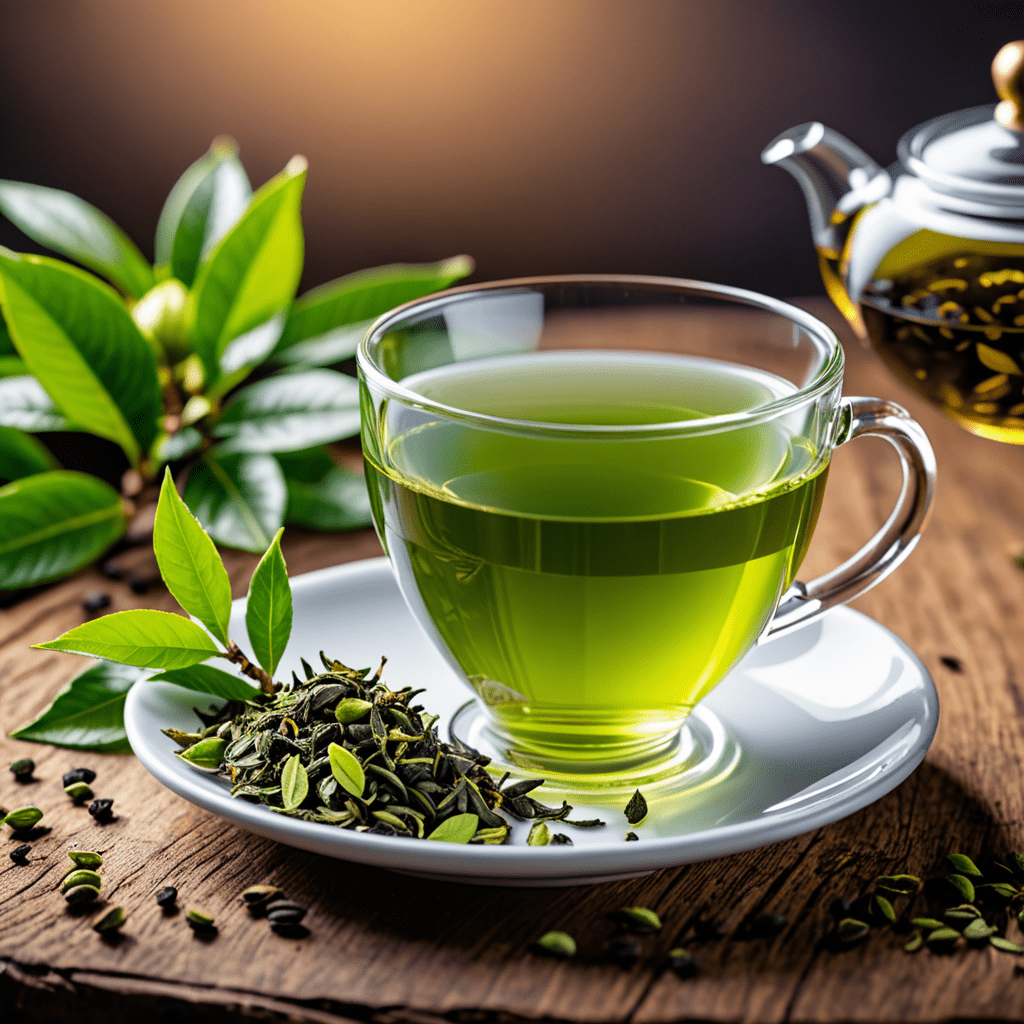
Assam Tea: The Legacy of Tea Estates
Assam tea, celebrated for its robust flavor and rich history, has its origins in the verdant hills of northeastern India. Its legacy is intertwined with the establishment of tea plantations, which transformed the region into a global tea-growing hub.
I. A Historical Journey: The Genesis of Tea Plantations
The arrival of tea plants in Assam in the 1820s marked a pivotal moment in the region's history. The British East India Company, eager to break China's monopoly on tea production, sought alternative sources. After discovering wild tea plants in Assam, the company established the first tea garden in 1839 in Chabua, laying the foundation for the tea industry in the region.
II. The Birth of the Tea Industry: Pioneers and Innovations
The early tea pioneers, including Robert Bruce and John Berry White, played a crucial role in the development of the industry. Their innovations in cultivation practices, such as pruning and shading, and the introduction of new tea varieties, significantly improved the quality and yield of Assam tea.
III. The Golden Era of Tea Estates: Mansions and Grandeur
The late 19th and early 20th centuries witnessed the golden era of tea estates in Assam. Wealthy planters constructed magnificent mansions amidst the tea gardens, reflecting the opulence of the industry. The lifestyle and social culture of planters, characterized by lavish parties and traditions brought from their homelands, left an enduring mark on the region.
IV. Tea Processing: From Leaf to Cup
The processing of Assam tea involves a series of traditional and modern techniques. After harvesting, the leaves undergo wither
V. Labor and Social Welfare: The Human Element
The tea industry in Assam has relied heavily on labor from various communities. Tea workers, often hailing from neighboring states, have played a crucial role in the cultivation, harvesting, and processing of tea. Over the years, social infrastructure, such as housing, schools, and healthcare facilities, has been developed to support the well-being of tea workers and their families.
VI. Economic Impact: The Tea Industry's Contribution
The tea industry has been a significant contributor to the economy of Assam. Revenue generated from tea exports and domestic sales has played a vital role in the region's economic development. Furthermore, the industry has created numerous employment opportunities, both directly and indirectly, supporting livelihoods and boosting the local economy.
VII. Cultural Significance: The Tea Estate Legacy
Tea plantations in Assam have had a profound impact on the cultural fabric of the region. Tea-related festivals and traditions have become an integral part of the local heritage. The distinctive lifestyle and customs of tea planters have also left a lasting mark on the Assamese culture.
VIII. Sustainable Development: Preserving the Legacy
In recent years, there has been a growing focus on sustainable practices within the tea industry. Certification programs and environmental initiatives are being implemented to protect the ecological balance of tea estates. Community engagement and social responsibility efforts aim to improve the lives of tea workers and their communities.
IX. The Challenges and Future of Tea Estates
The tea industry in Assam faces various challenges, including competition from global producers, climate change, and labor issues. However, ongoing modernization and innovation, combined with a commitment to sustainability, hold promise for the future of tea estates in the region.
X. Frequently Asked Questions (FAQs)
Q: What makes Assam tea unique?
A: Assam tea is renowned for its strong, full-bodied flavor, malty aroma, and reddish-brown liquor. The unique terroir of the Brahmaputra Valley, along with the traditional cultivation and processing methods, contribute to its distinctive characteristics.
Q: What are the different grades of Assam tea?
A: Assam tea is graded based on leaf size and quality. Higher grades, such as OP (Orange Pekoe) and BOP (Broken Orange Pekoe), consist of larger leaves and are considered more premium.
Q: How is Assam tea processed?
A: After harvesting, Assam tea leaves undergo a series of processes that include withering, rolling, oxidation (fermentation), and drying. These processes transform the fresh leaves into the finished tea product.

